In a time when hatred, fear, and division are becoming normalized across the country, many Christian churches are failing to speak out. Aside from a few courageous leaders—such as the Rt. Rev. Mariann Budde, Episcopal Bishop of Washington D.C., and Bishop Mark Seitz of El Paso, Texas—far too many religious voices remain silent, choosing comfort over conviction.
This silence is not just disappointing. It is dangerous.
Where Are the Prophets?
Christianity’s roots lie in prophetic witness—speaking truth to power, standing with the oppressed, and defending the vulnerable. But today, too many church leaders are more concerned with institutional preservation than the radical call of the Gospel.
A church that puts survival above justice is not worth preserving.
A church that turns away from the poor, immigrants, and refugees has lost its way.
A church that refuses to condemn hate, racism, and white supremacy is complicit.
Silence Equals Complicity
When churches choose not to speak against discriminatory policies, anti-immigrant rhetoric, and violent nationalism, they become silent enablers of injustice. Some may claim neutrality or a desire to remain “apolitical,” but in the face of evil, neutrality is not moral—it is a choice to protect privilege.
This is not about partisanship; it is about basic human dignity, biblical justice, and moral courage.
As Rev. Martin Luther King Jr. once said, “In the end, we will remember not the words of our enemies, but the silence of our friends.”
Fear-Based Theology Is Not the Gospel
Some churches preach fear of the stranger and even fear of God, portraying faith as a fortress rather than a bridge. But Jesus did not preach fear—he modeled fearless love. He welcomed the foreigner, embraced the marginalized, and confronted oppressive powers. A church that strays from this example is a church that should be challenged, not followed.
It’s Time to Be Visible
In this climate, clergy must not only preach from pulpits—they must stand in the streets. We should see as many bishops, elders, pastors, and priests standing with the marginalized as we do ICE agents or military forces. Justice cannot be delegated to elected officials alone; it must be demanded by communities of faith.
A Call to Action
To the Christian leaders reading this: silence is not an option. Whether you lead a small-town parish or a major cathedral, your voice matters. Speak up. Show up. Stand up for those who are hurting.
Because if the church won’t stand against hate, fear, and violence—who will?

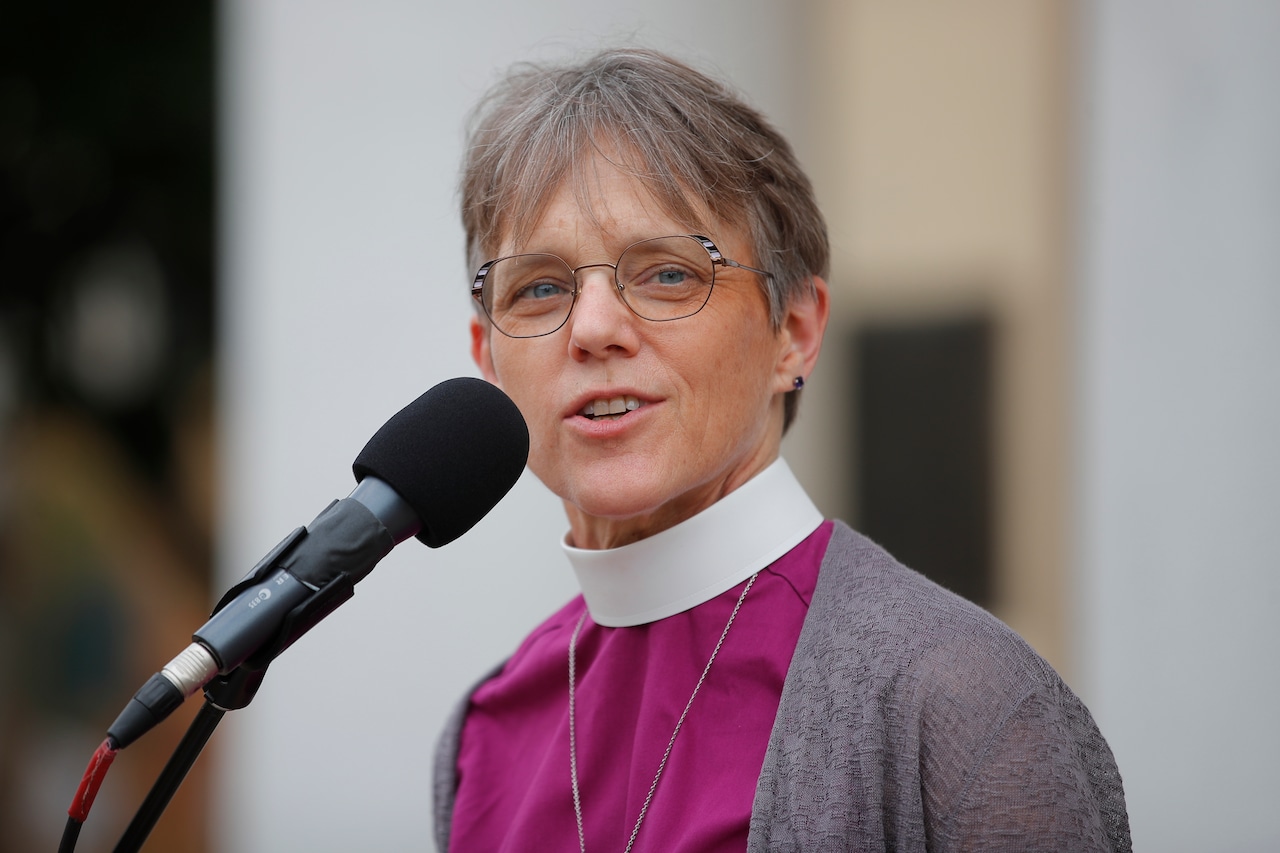
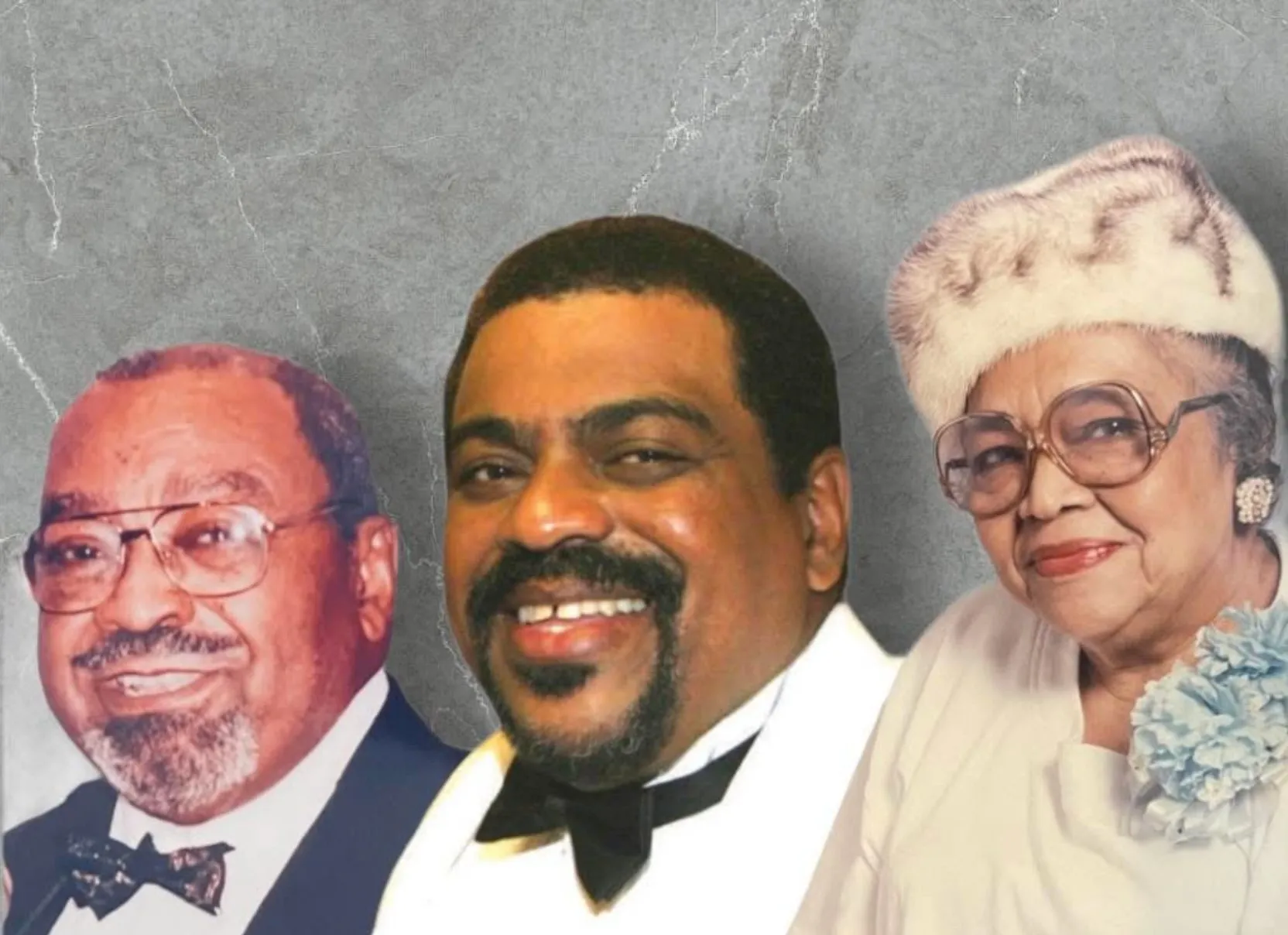
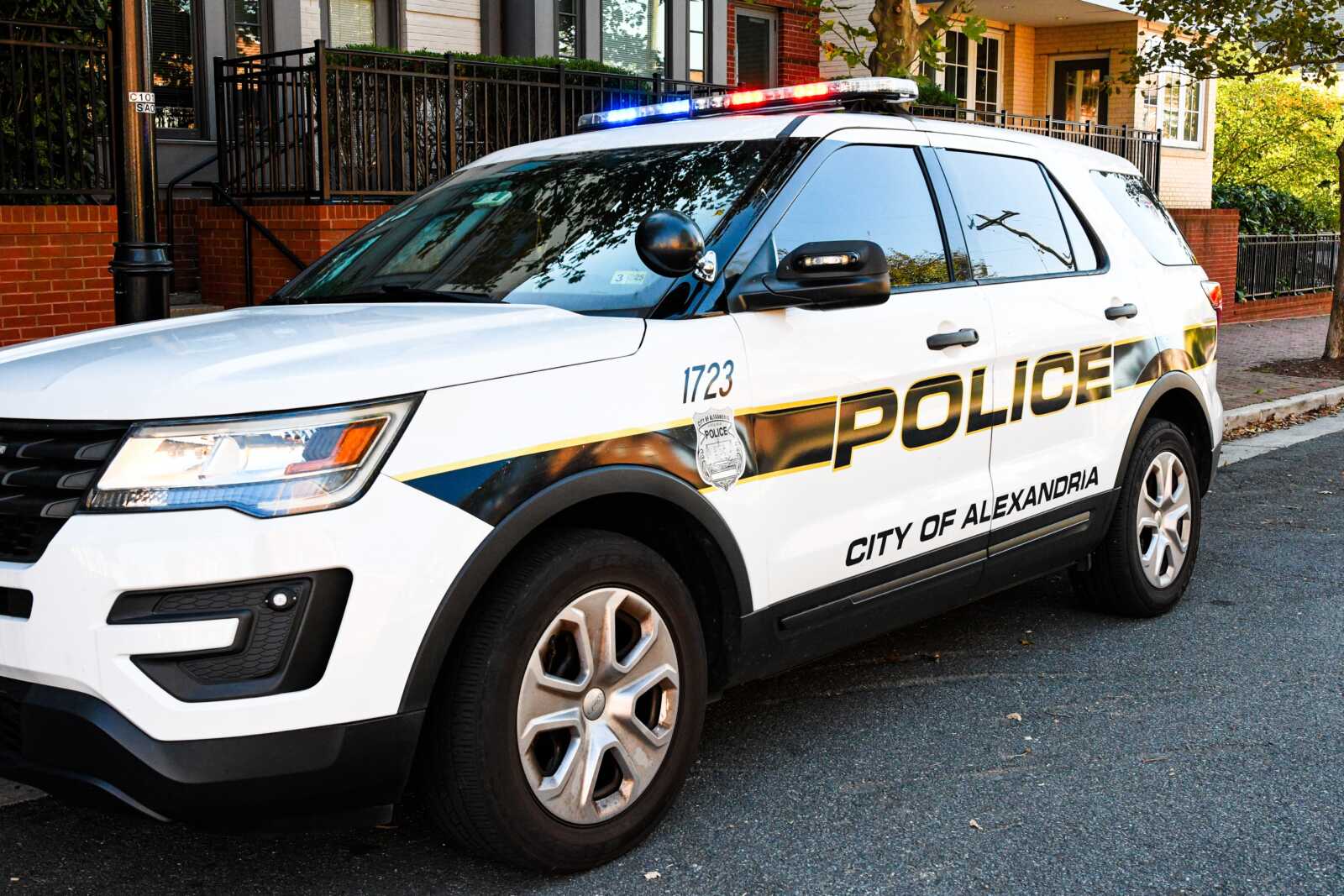
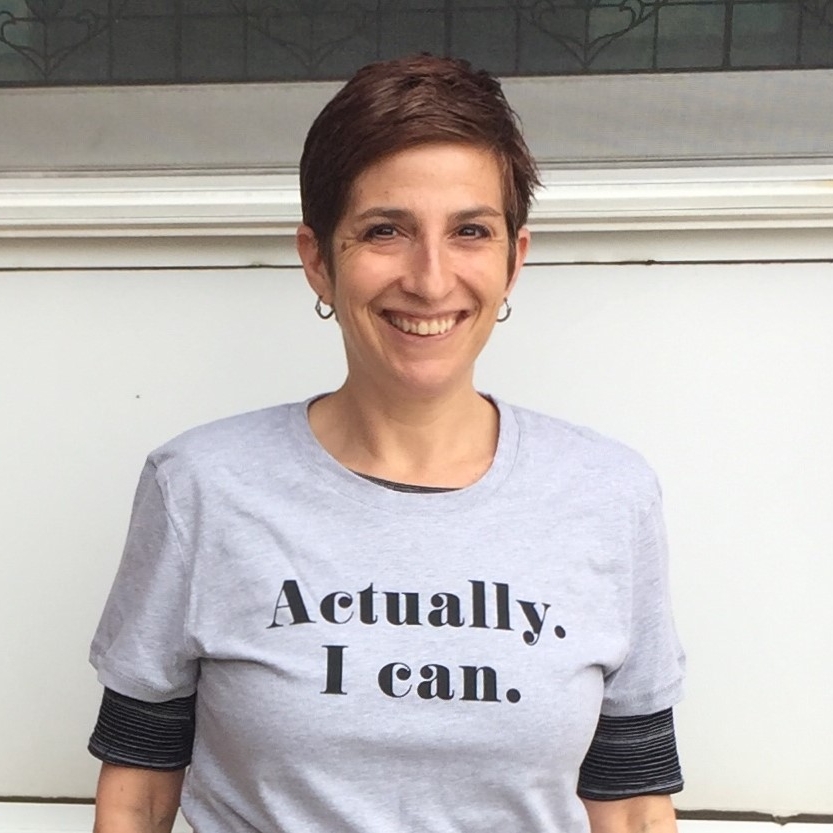
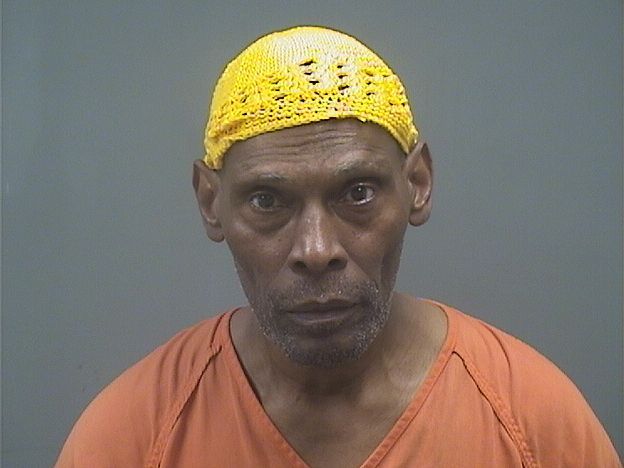
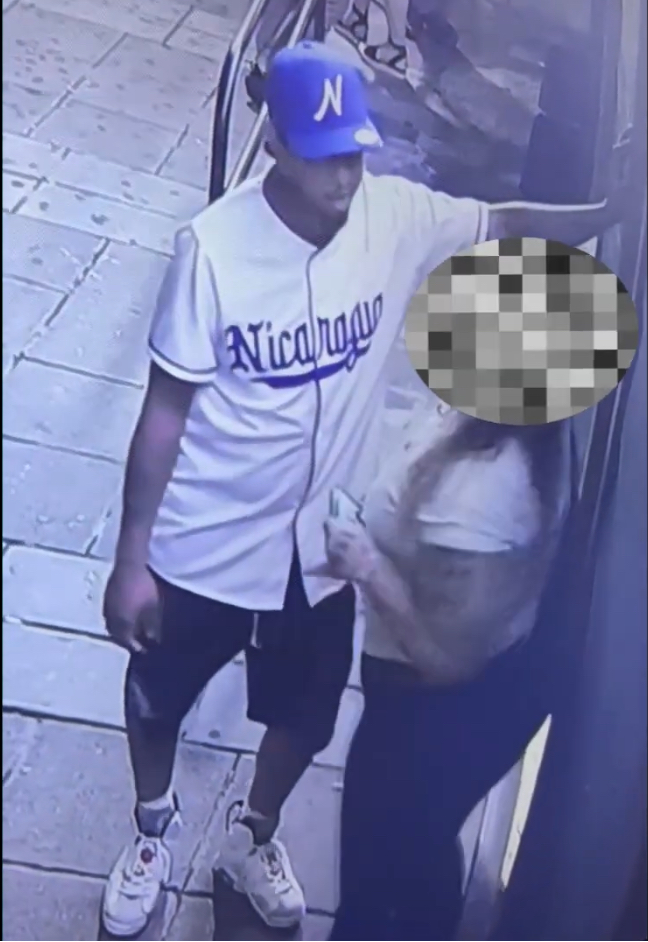
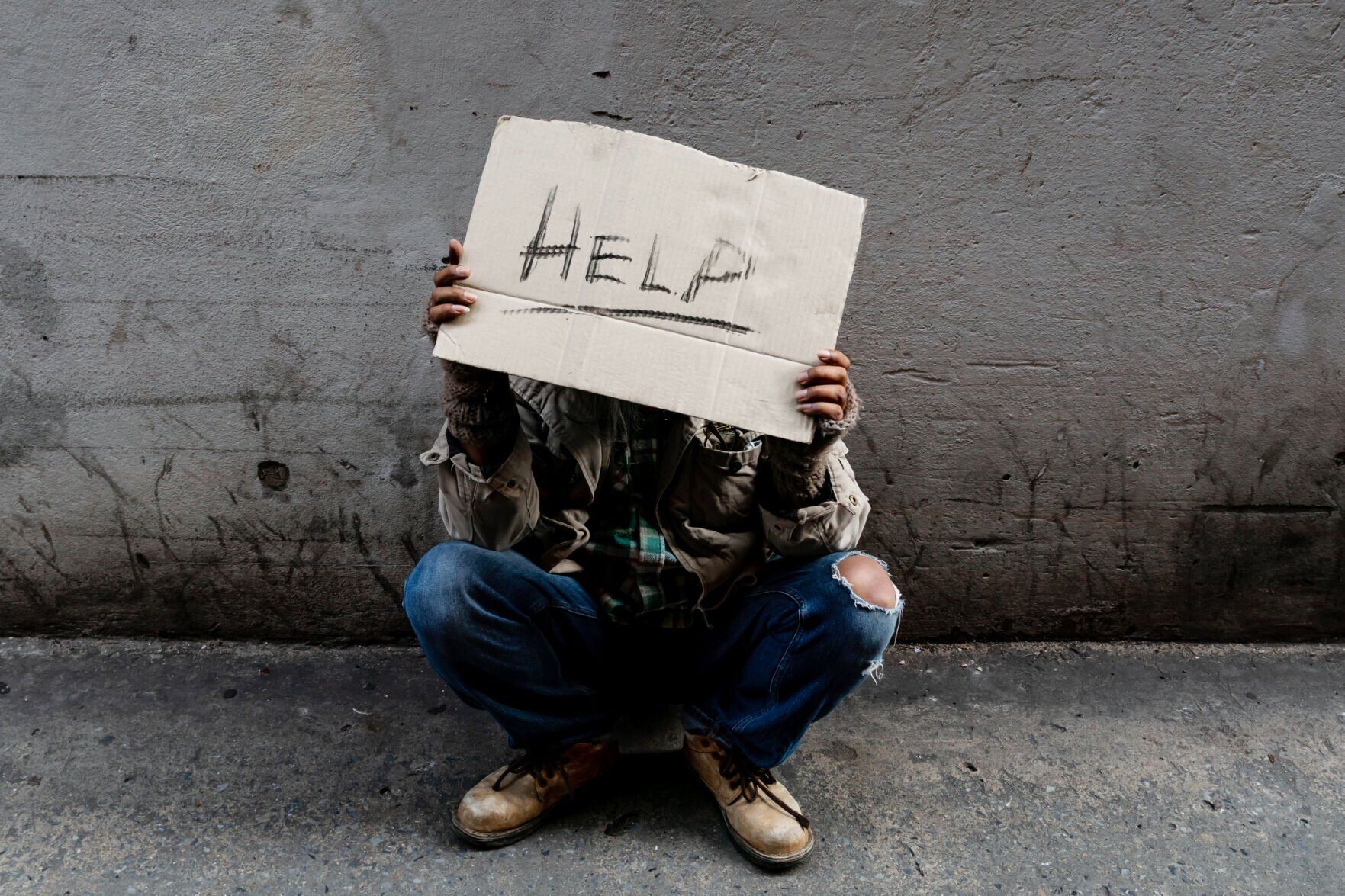
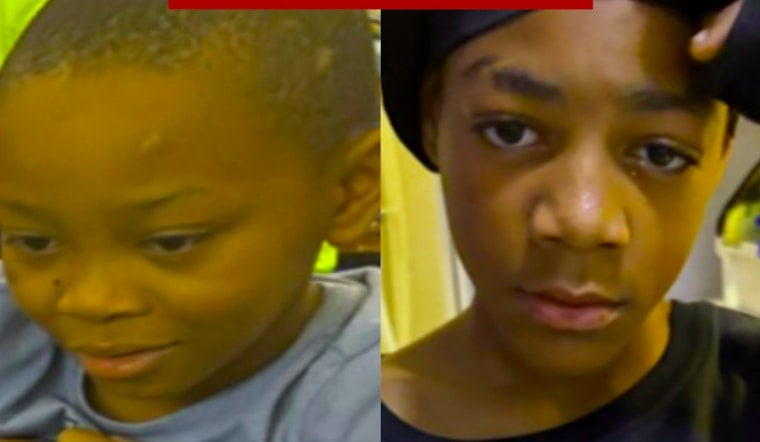
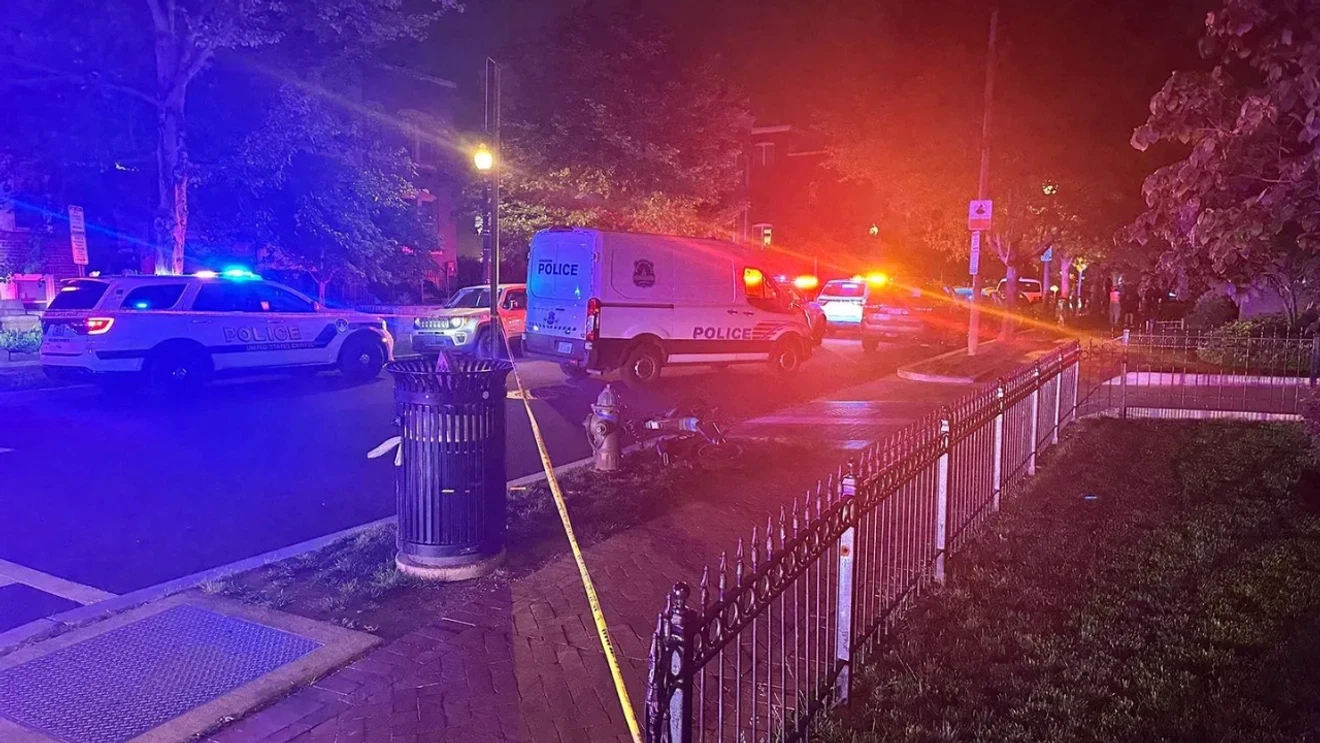




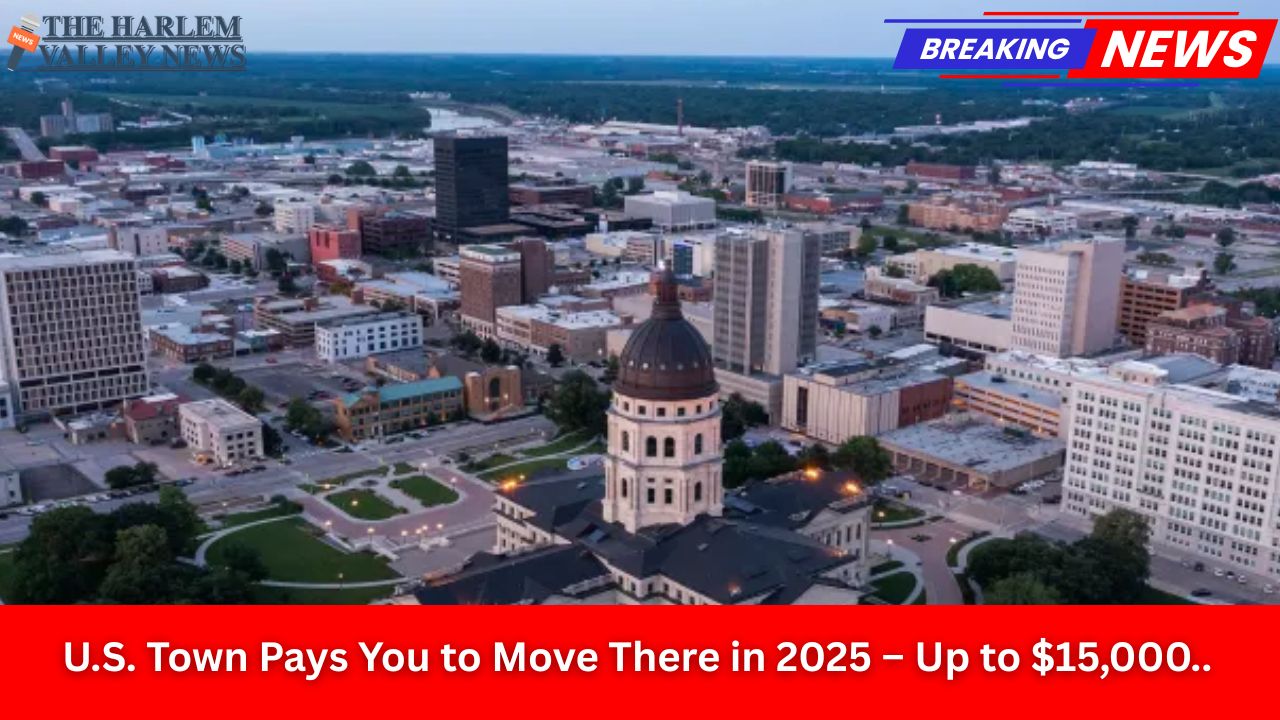
Leave a Reply